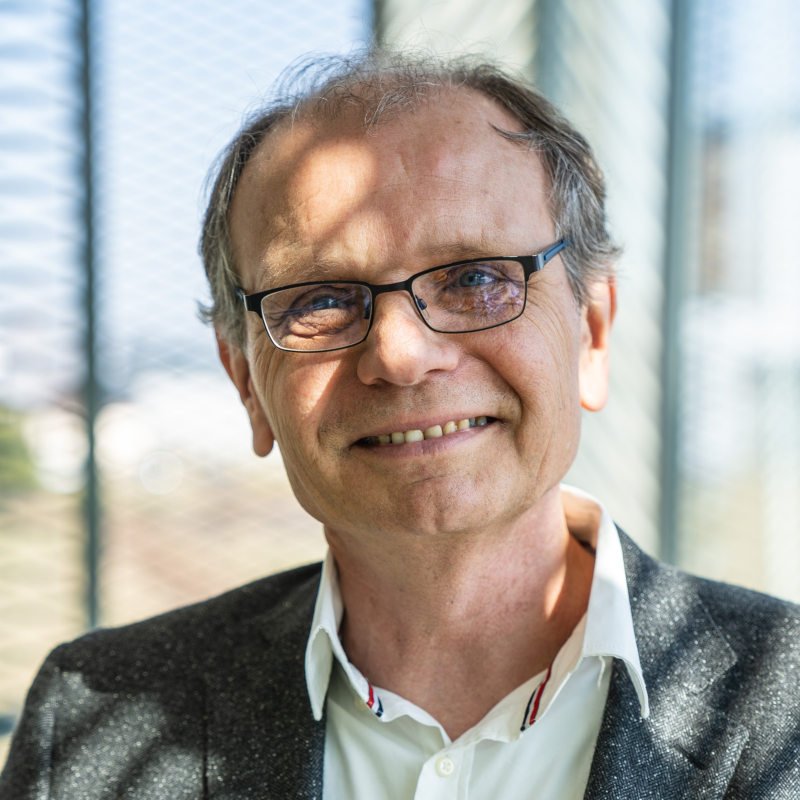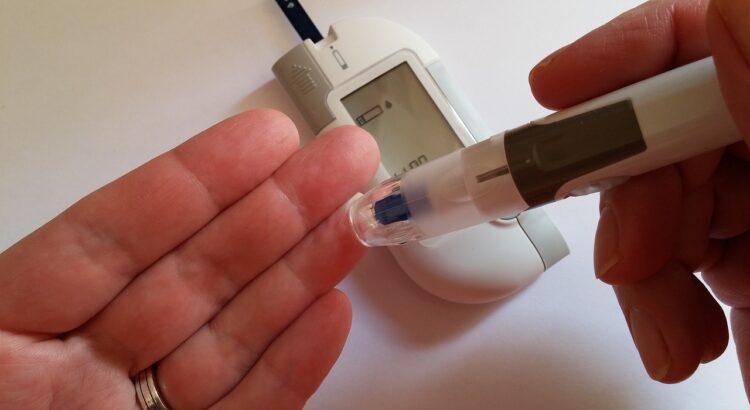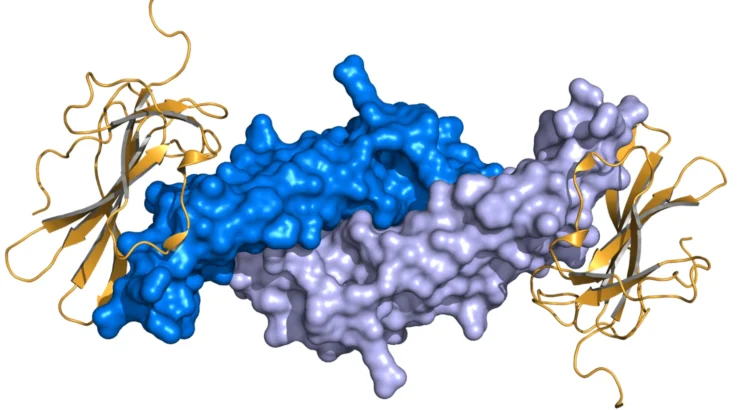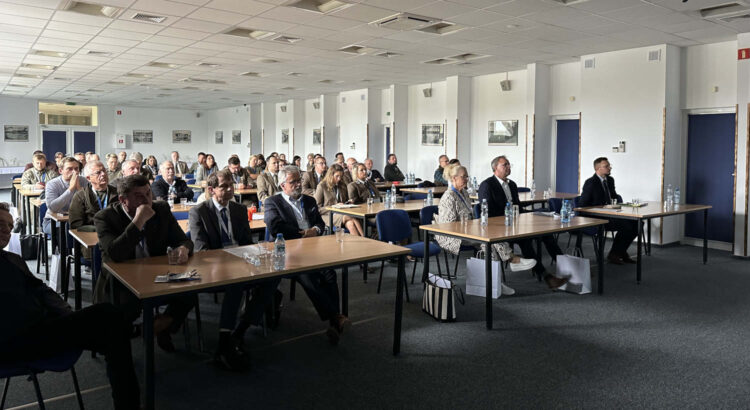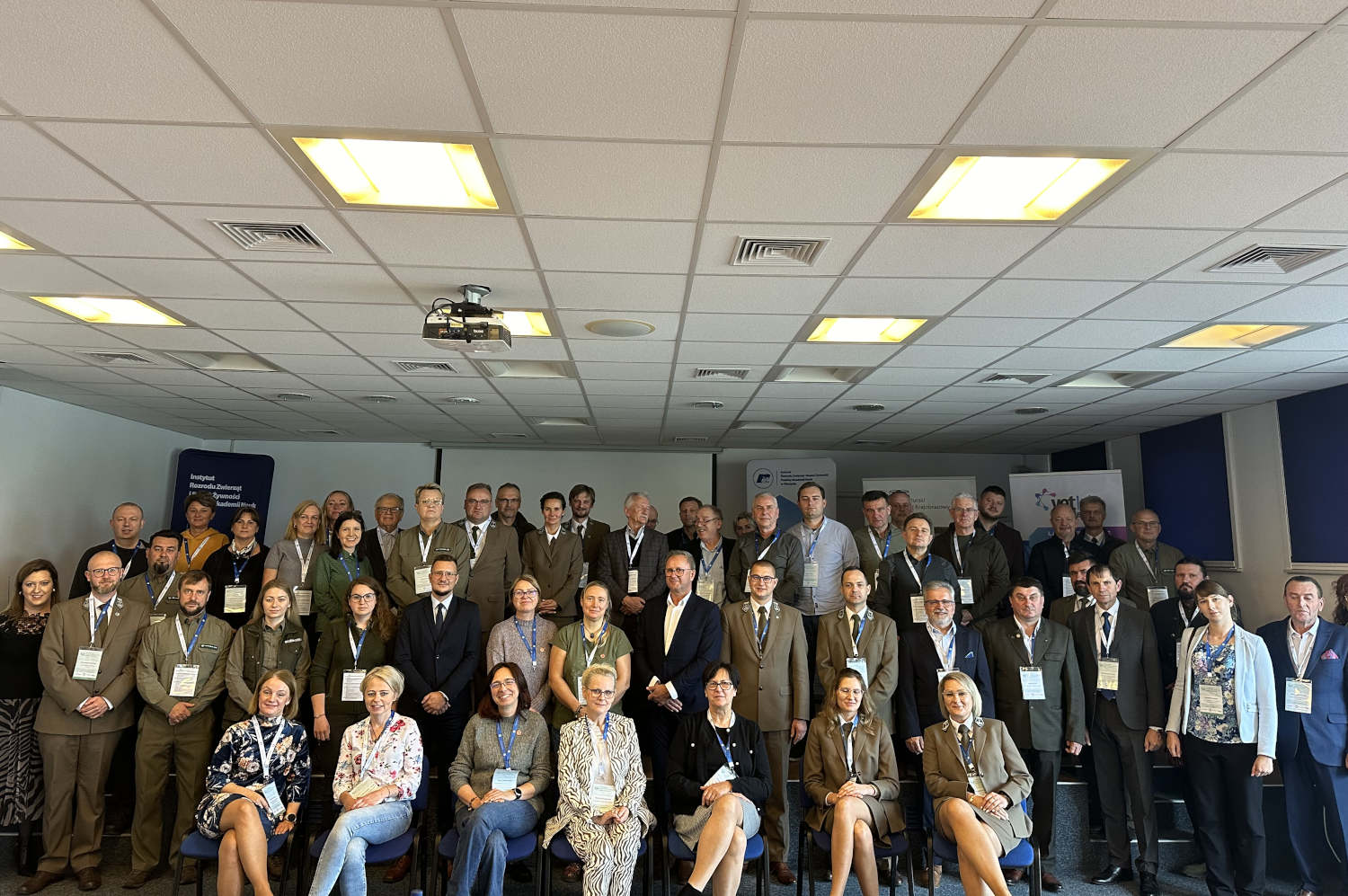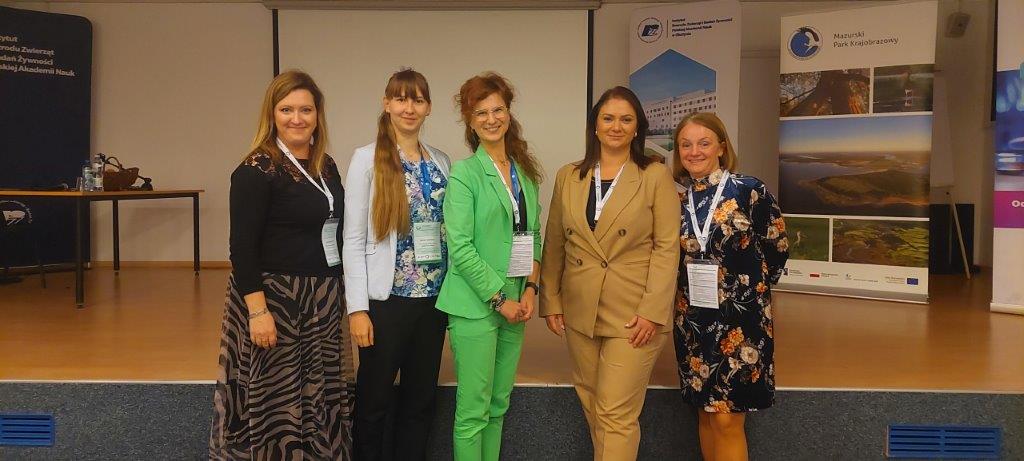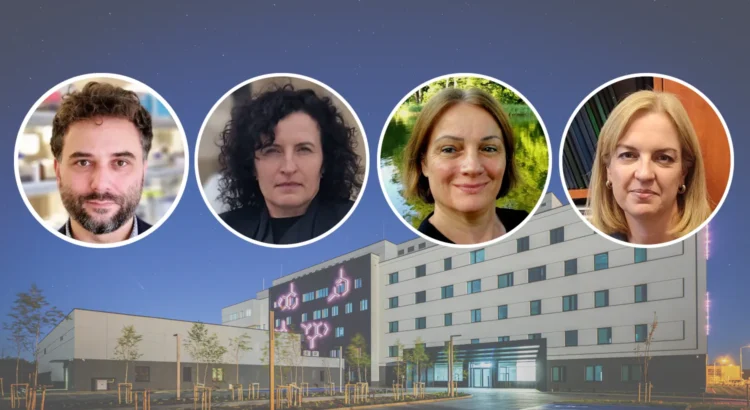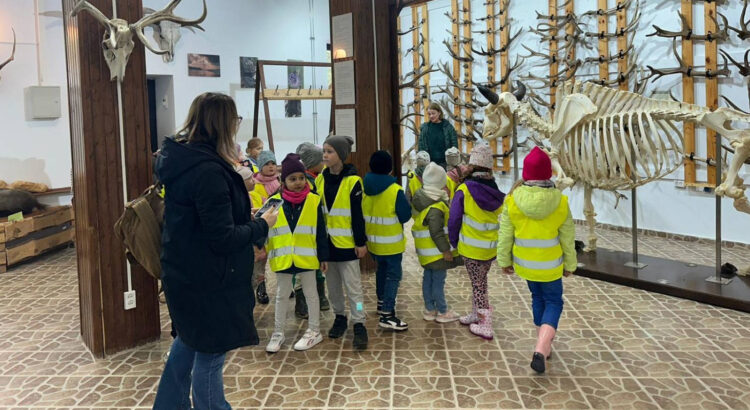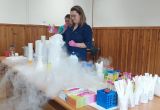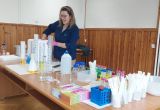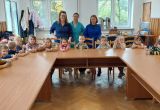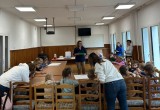The Director of the Institute of Animal Reproduction and Food Research of Polish Academy of Sciences announces an open competition for the full-time position of:
Assistant Professor in Bioelectroanalytics Team
Job description:
- conducting research related to the use of bioreceptors, such as ssDNA, ssRNA, antibodies or aptamers, for the development of new analytical platforms and systems that are used to construct electrochemical (bio)sensors for food analysis and medical diagnostics,
- preparing manuscripts for scientific publications,
- applying for research projects.
Expectations:
- motivation for scientific work,
- communication skills and very good work organization,
- ability to work independently and in a team.
Candidate’s qualifications and experience:
- Ph.D. in the discipline of biological sciences,
- knowledge of molecular biology methods and basics of bioinformatics analysis,
- knowledge of statistical analysis and data visualization programs,
- documented scientific achievements,
- documented participation in scientific conferences.
Additional skills:
- very good knowledge of English, both spoken and written,
- ability to prepare reports and present the results of scientific works,
- completed scientific internship.
Working conditions:
Place of work: Institute of Animal Reproduction and Food Research of the Polish Academy of Sciences, Bioelectroanalytics Team,
Address: ul. Trylińskiego 18, 10-683 Olszytn,
Basic salary: PLN 6,850
Additional information: work on weekdays, with the possibility of task-based work in the case of specific experiences.
Perspectives:
- work in a team focused on innovative projects,
- opportunity to acquire new competences and improve qualifications,
- participation in activities aimed at popularizing science.
Required documents:
- copy of a diploma of higher education and obtaining a doctoral degree,
- CV,
- cover letter,
- references (if the candidate has any).
Entries for the competition should be sent to the following e-mail address: j.papurzynska@pan.olsztyn.pl or to the following address:
Institute of Animal Reproduction and Food Research of the Polish Academy of Sciences,
Human Resources Department
Trylińskiego 18
10-683 Olsztyn
The deadline for submitting documents is 11/01/2025 at 12:00.
After initial analysis of the submitted applications, we will contact selected candidates to conduct further stages of the recruitment process.
The Institute of Animal Reproduction and Food Research of the Polish Academy of Sciences in Olsztyn complies with the provisions of the European Charter for Researchers and the Code of Conduct for the Recruitment of Researchers (OTMR).
Any person who feels aggrieved due to the manner in which recruitment and competitive selection were conducted should first file a complaint in writing to the Head of the HR and Payroll Department within 2 weeks of the announcement of the completion of the recruitment process.
E-mail address: j.papurzynska@pan.olsztyn.pl.
The complaint should specify the name of the position for which the competition was held, as well as a detailed description of the stage of the recruitment process in relation to which the comments are presented. The complainant should clearly present his position and justify it.
In your CV, please include a clause of consent to our processing of personal data in the recruitment process:
„I consent to the processing of my personal data contained in the application documents by the Institute of Animal Reproduction and Food Research of the Polish Academy of Sciences in Olsztyn with its registered office at 10-748 Olsztyn ul. Tuwima 10, in order to carry out the recruitment process and publish the full competition results on the Institute’s website.
Information clause:
- The administrator of personal data processed as part of the recruitment process is the Institute of Animal Reproduction and Food Research of the Polish Academy of Sciences in Olsztyn with its registered office at 10-748 Olsztyn ul. Tuwima 10, tel. 89 523 46 86, e-mail: institute@pan.olsztyn.pl .
- Contact with the personal data protection officer is possible at the above-mentioned address.
- The provided personal data will be processed for the purpose of implementing the current recruitment process and stored until its completion based on the consent given (in accordance with Article 6(1)(a) of the GDPR).
- The data subject has the right to withdraw consent at any time without affecting the lawfulness of processing based on consent before its withdrawal.
- The data subject has the right to access his or her personal data, request its rectification or deletion. Submitting a request to delete data is tantamount to resigning from participation in the recruitment process. In addition, she has the right to request restriction of processing in the cases specified in Art. 18 GDPR.
- The data subject has the right to lodge a complaint with the President of the Personal Data Protection Office regarding unlawful processing of his or her personal data. This body will be competent to consider the complaint, however, the right to lodge a complaint only concerns the lawfulness of the processing of personal data and does not concern the recruitment process.
- The data provided will not be subject to profiling or made available to entities or third countries. The recipients of the data may be institutions authorized by law.
- Providing the data contained in the recruitment documents is not obligatory, but it is a necessary condition for participating in the recruitment process.


